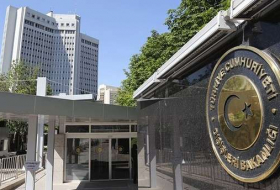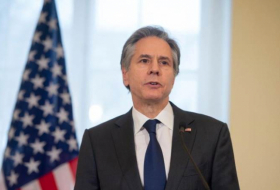The findings signalled the bloc's recovery was "surging higher", the report's authors said.
Job creation was at its best level for almost a decade, they added.
Chris Williamson, chief business economist at IHS Markit, said: "The eurozone economy's throttle opened further in March, with business activity and hiring surging higher."
The PMI measures companies' trading activity, giving a good idea of how well the underlying economy is performing.
French growth
Fuelling the growth were strong performances from France and Germany's services sectors, the survey found.
"Perhaps the best news came from France, where growth has risen above that seen in Germany, led by strengthening domestic demand," Mr Williamson said.
"While elections remain a worry regarding the outlook, for now the business mood in France and across much of Europe is very positive."
Economists said the PMI data could encourage the European Central Bank (ECB) to move towards raising interest rates and further easing its monthly bond-buying programme.
"Strong eurozone PMIs increase chances for first ECB exit package in June. A package, no action, though," said Carsten Brzeski, chief economist at German bank ING-DiBa.
Frederik Ducrozet, senior economist at Pictet, said the ECB would wait for inflation to pick up further and see the outcome of the French presidential election before making a decision.
Is it finally looking like a half decent recovery? Let's not get carried away.
There's the scar of Greece. There's persistent unemployment, especially among young people.
The eurozone youth unemployment rate is one in five, and it's a lot higher than that in several countries.
And the economy is supported by the ultra-easy money policies of the European Central Bank; a negative interest rate and quantitative easing.
There are also persistent problems nagging at the eurozone banking system.
That said, the jobs situation has been moving in the right direction and inflation has risen to a level that has surely dispelled the ECB's worries about the dangers that can come from deflation or falling prices.
It does look like a small if still uncertain glimmer of light on the eurozone's economic horizon.
More about: #Eurozone
















































